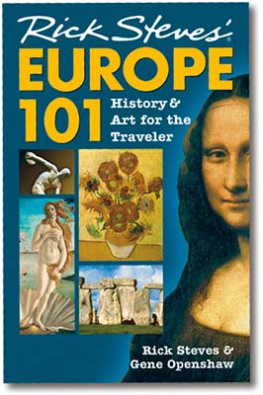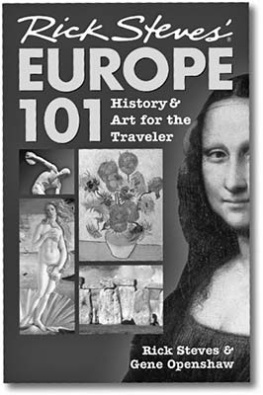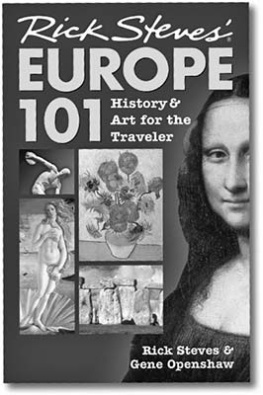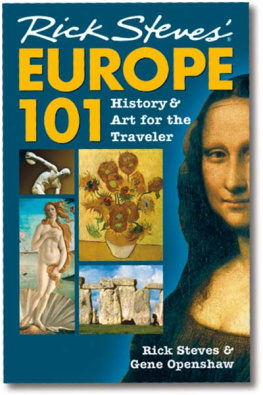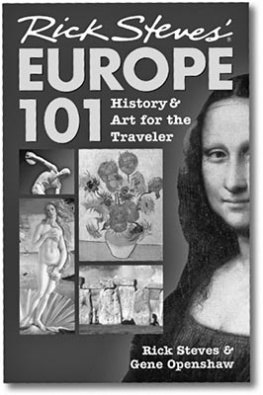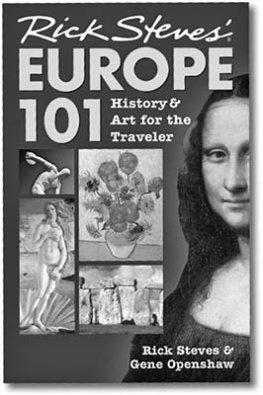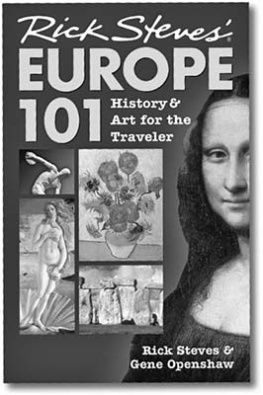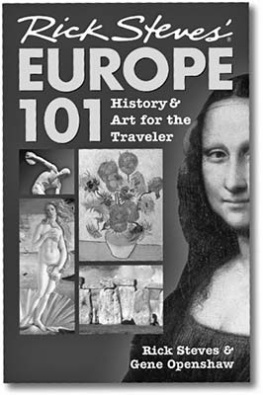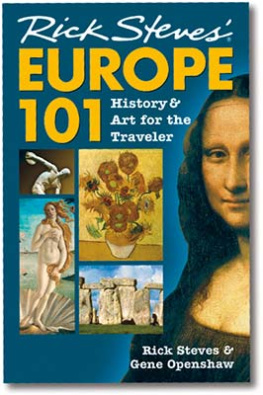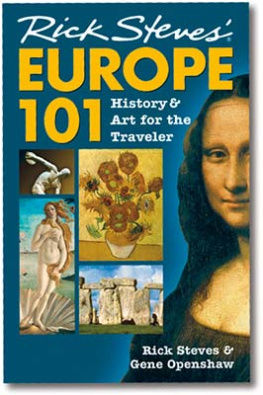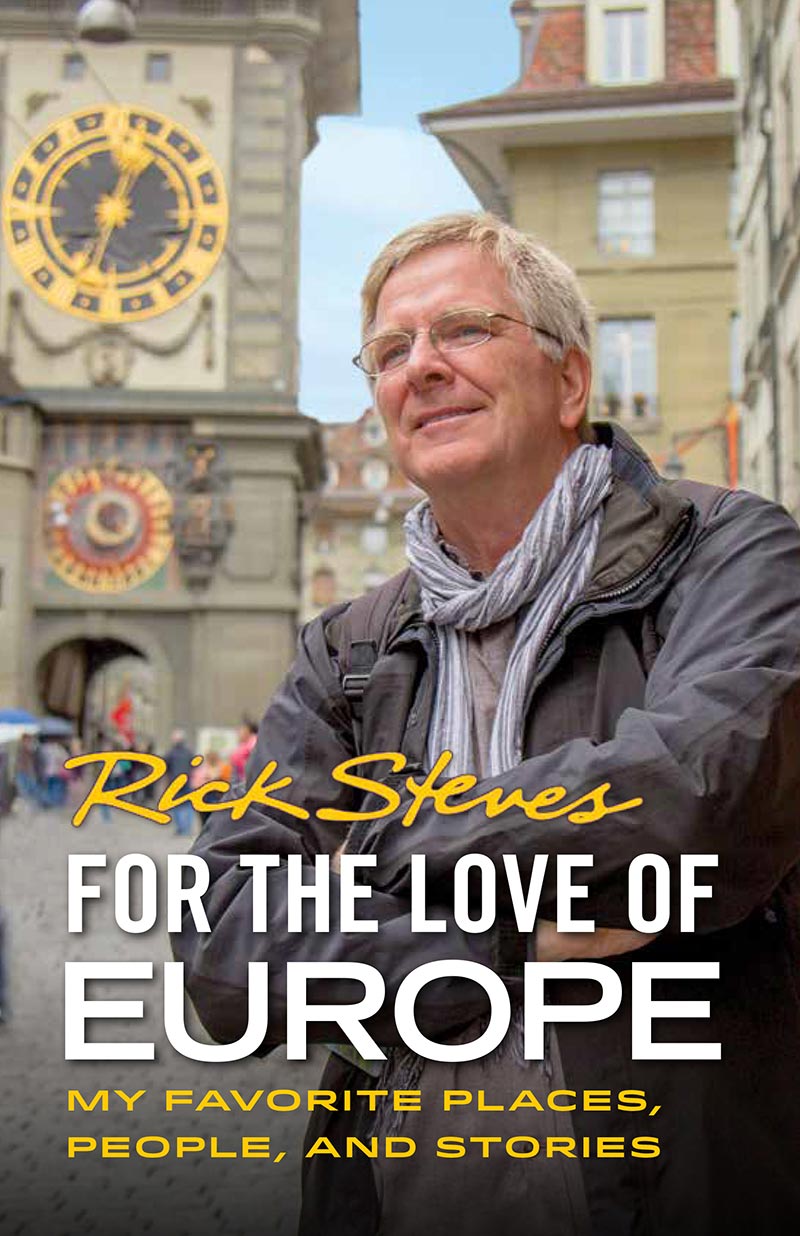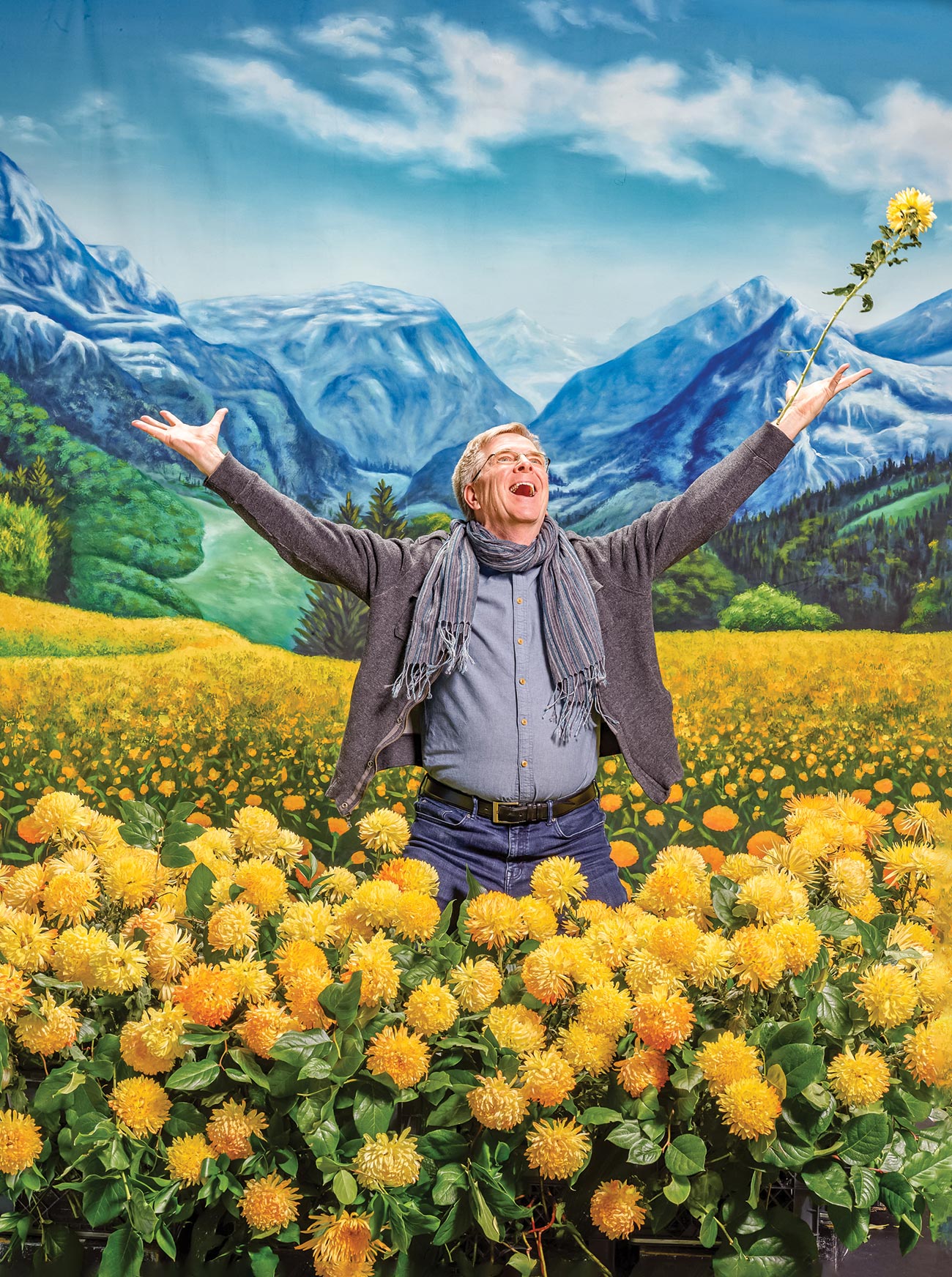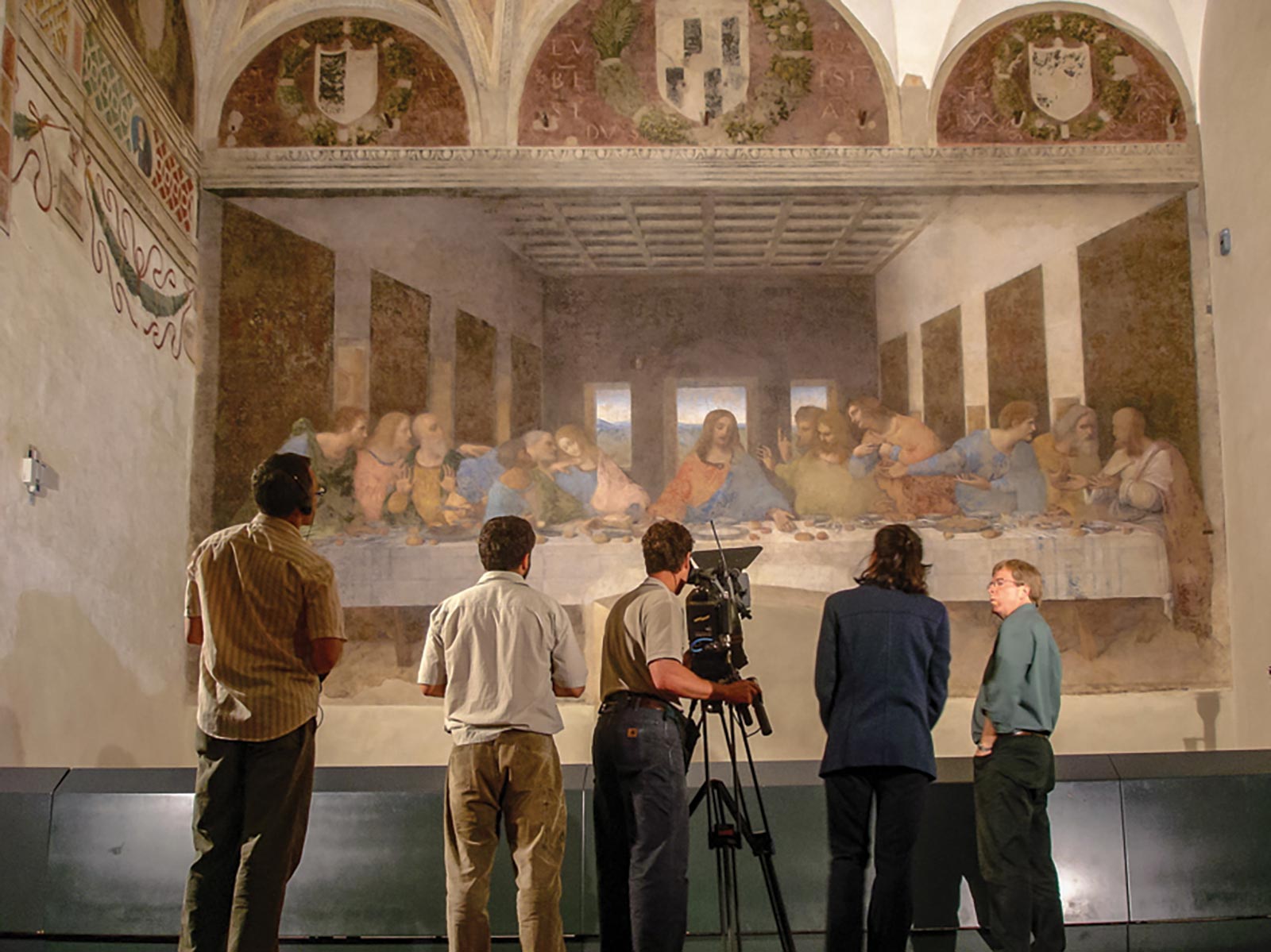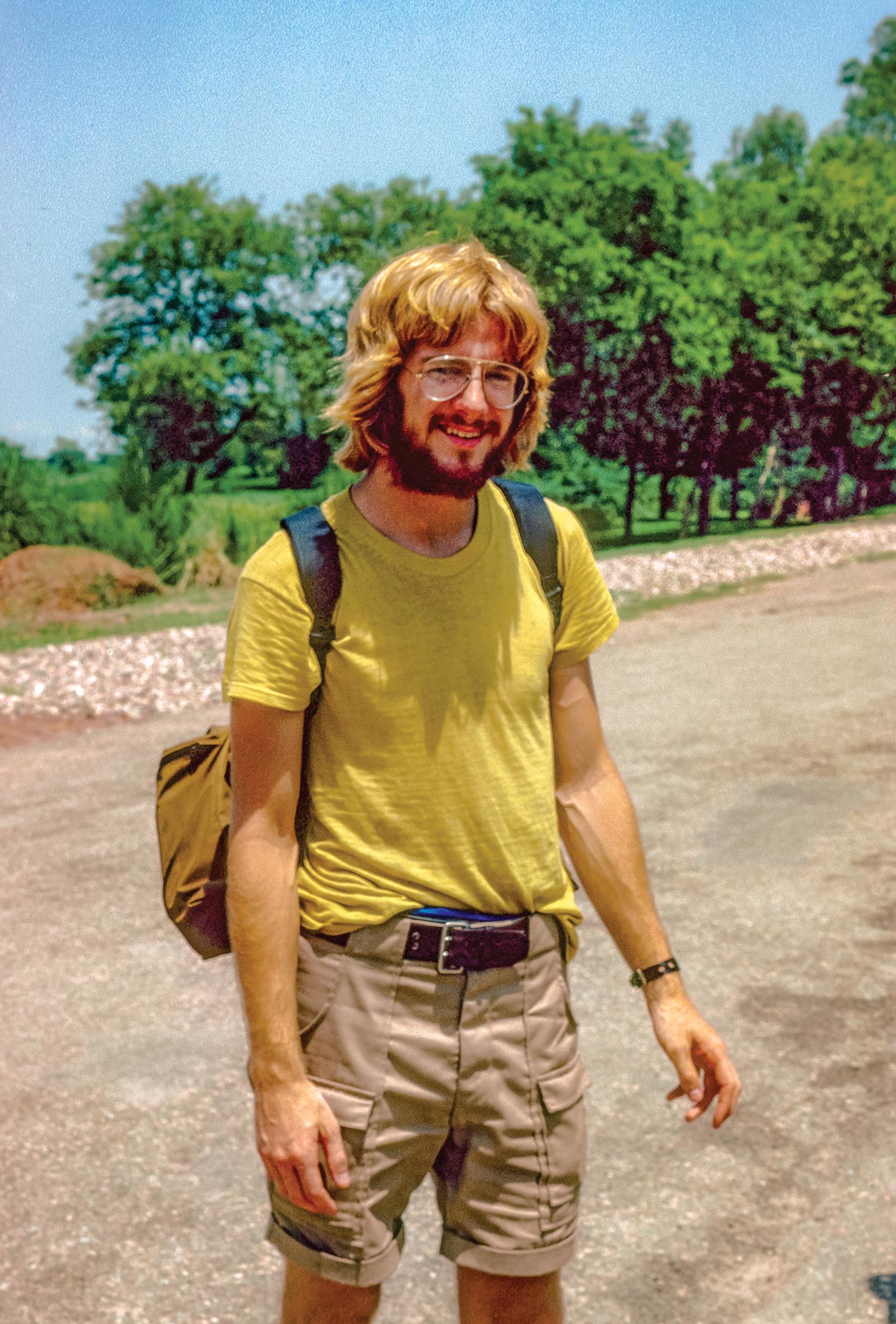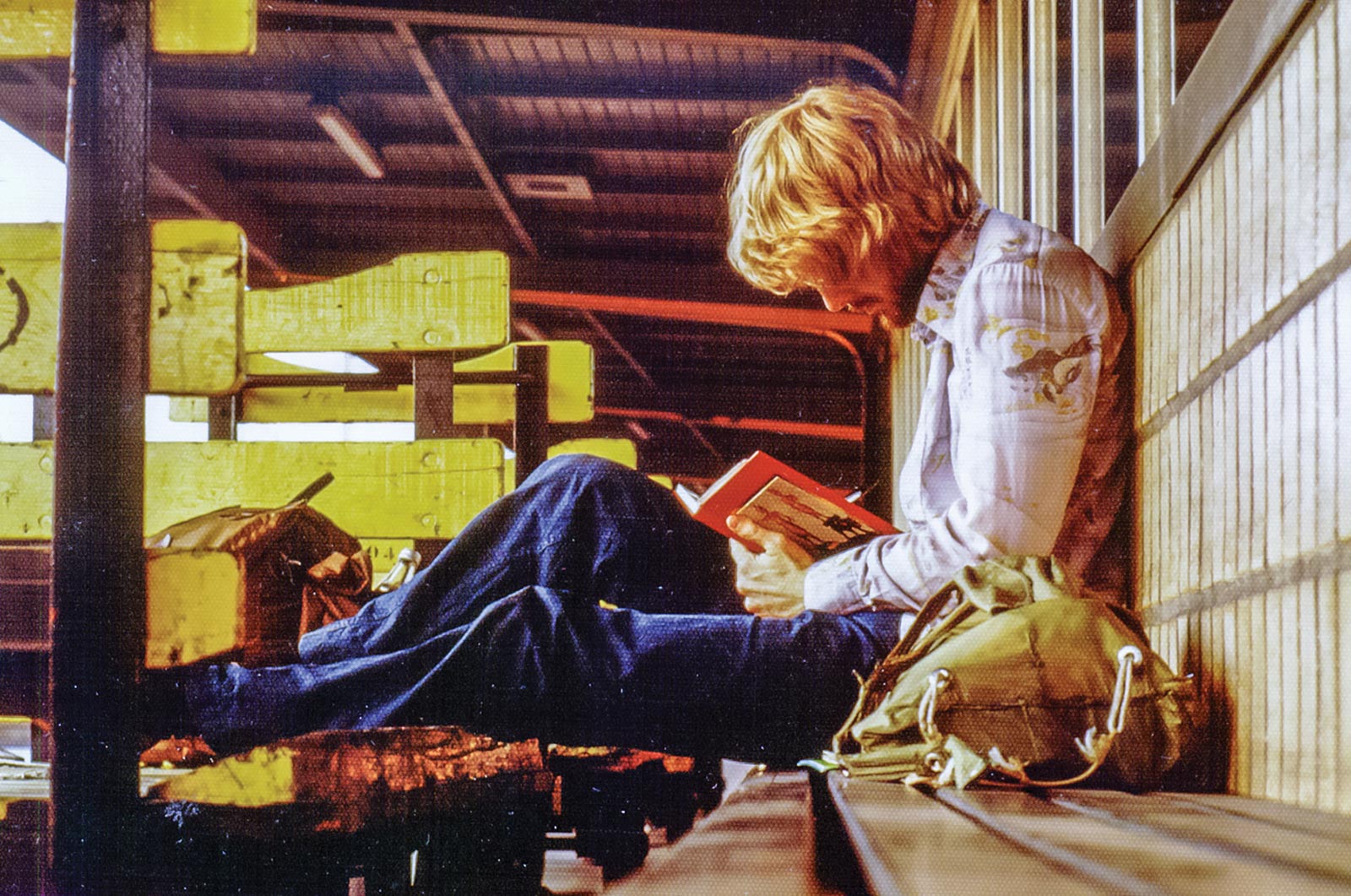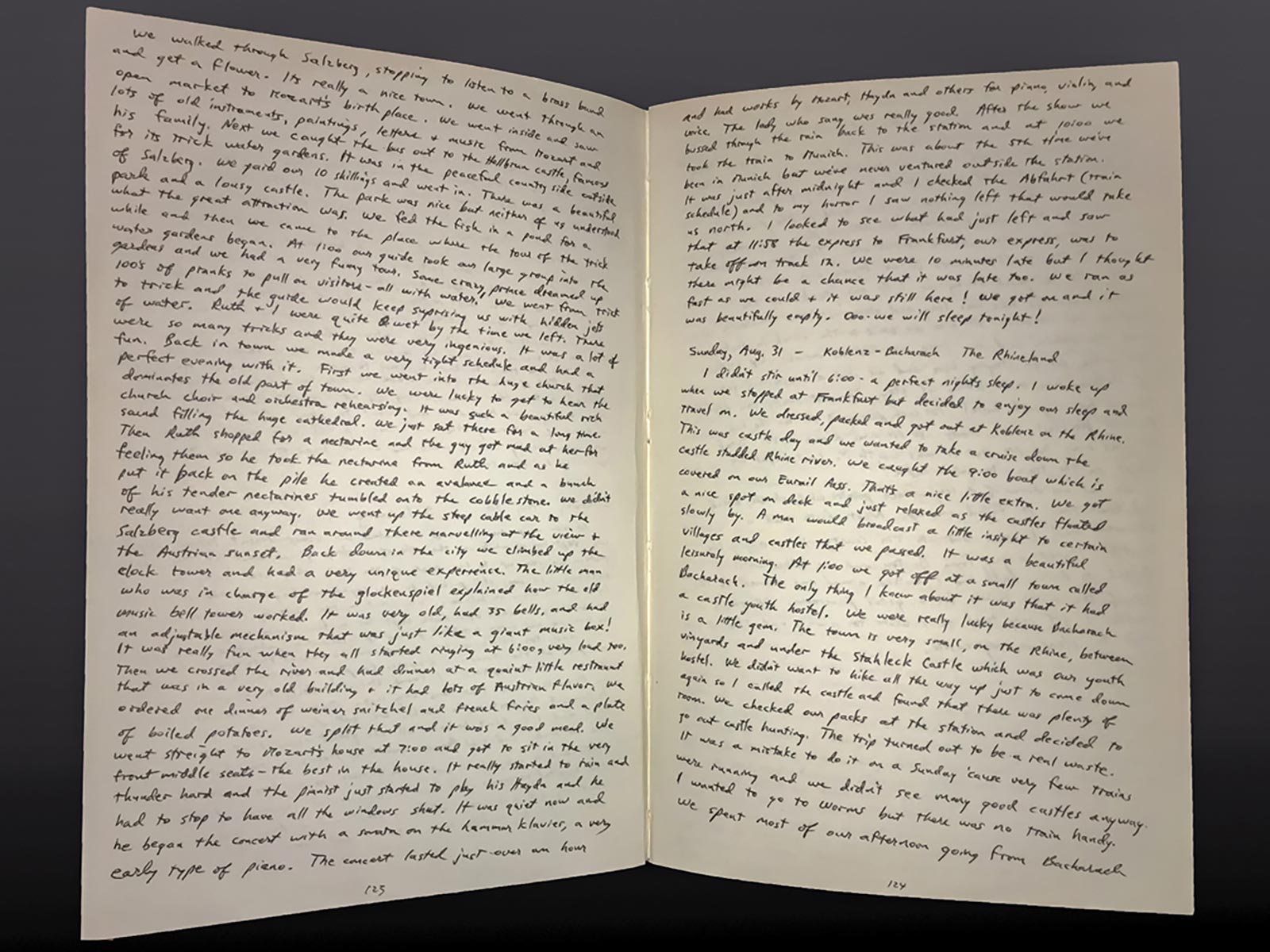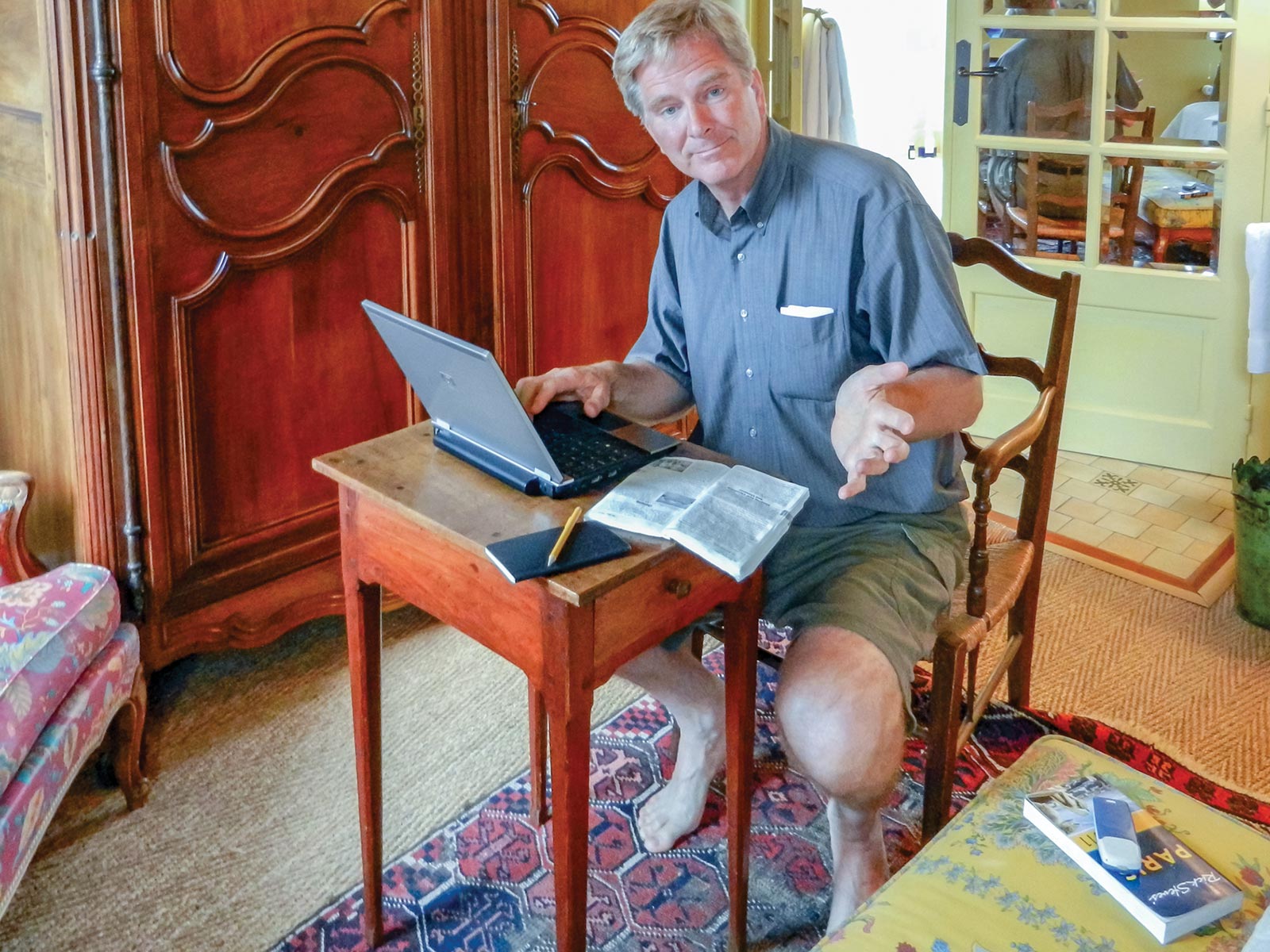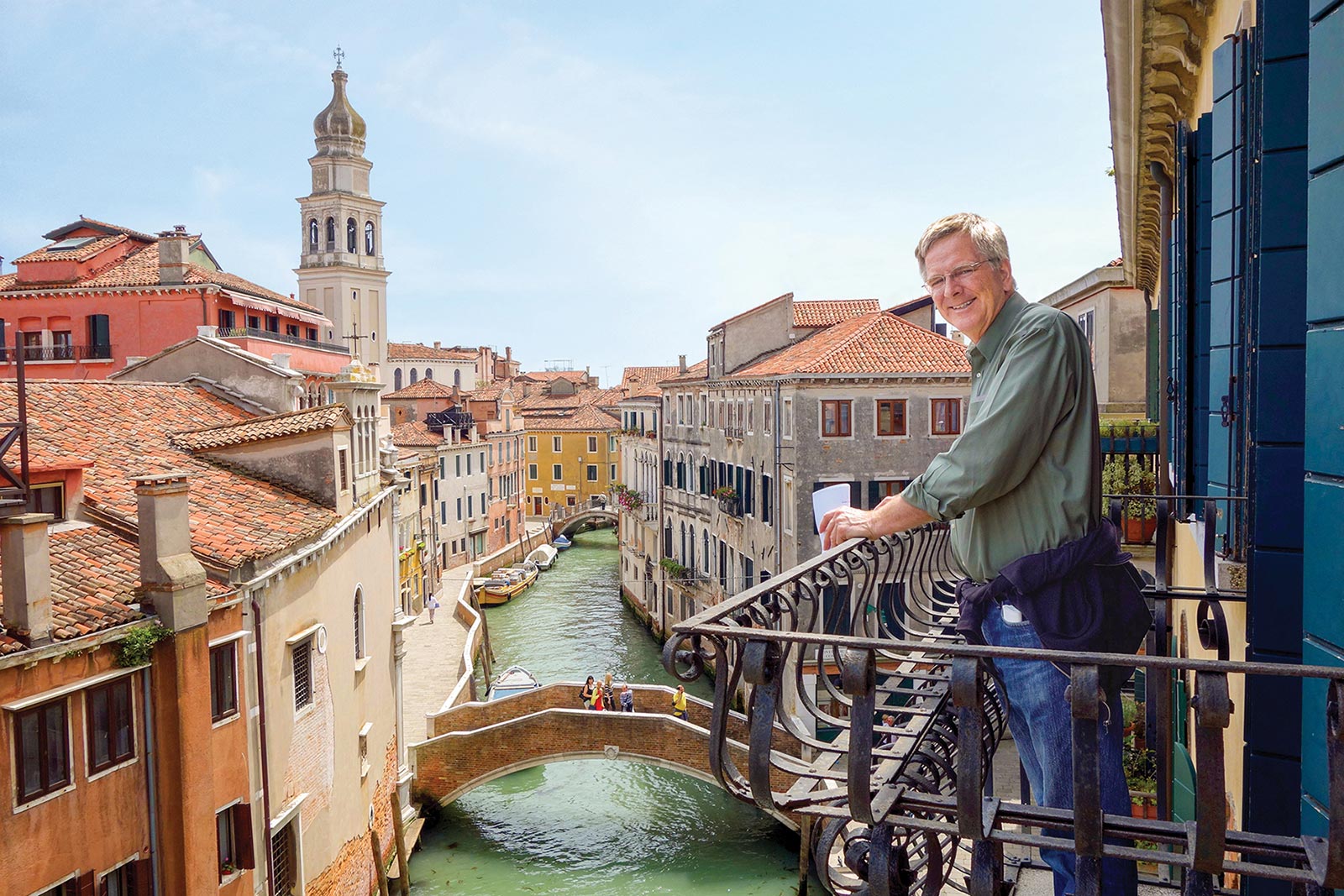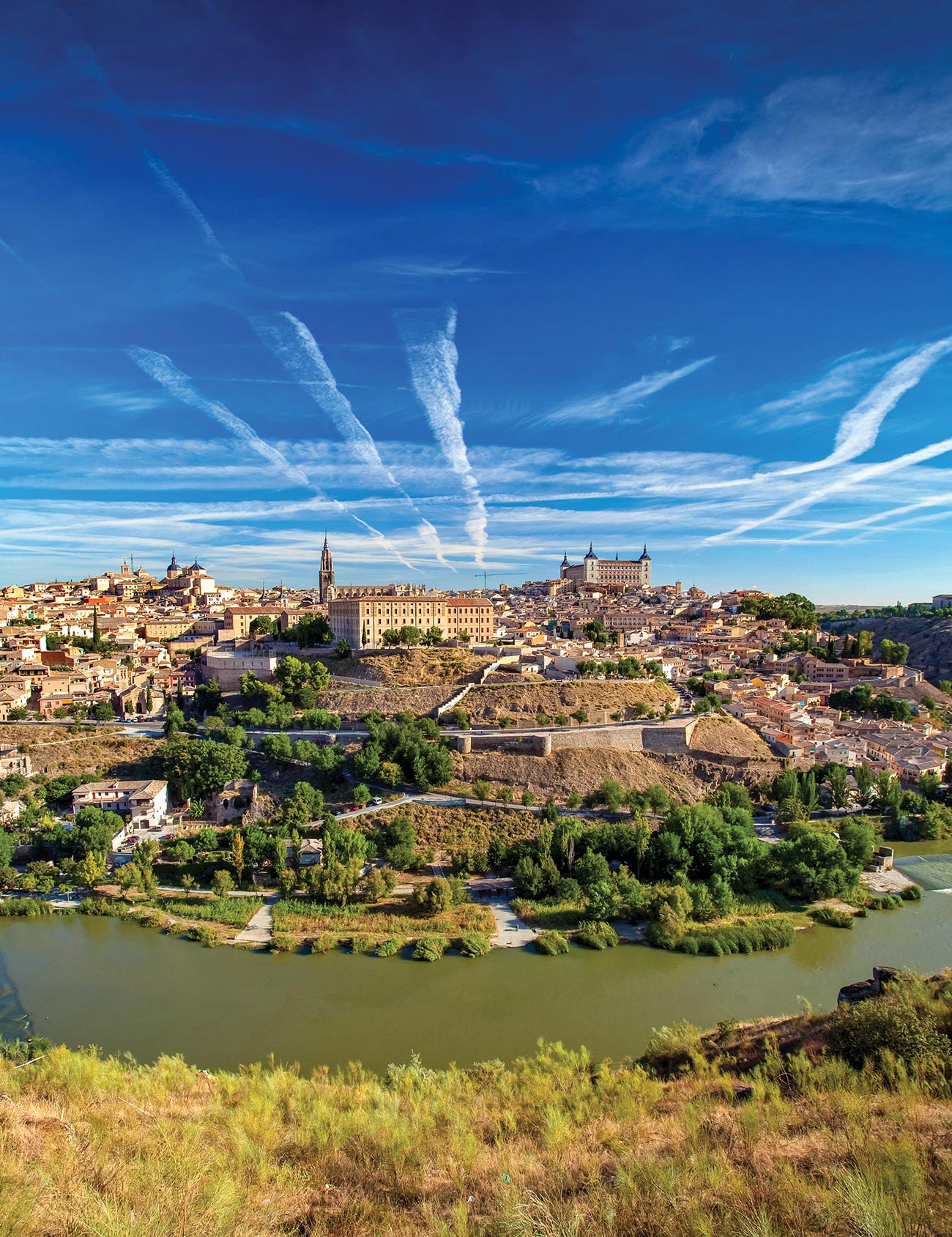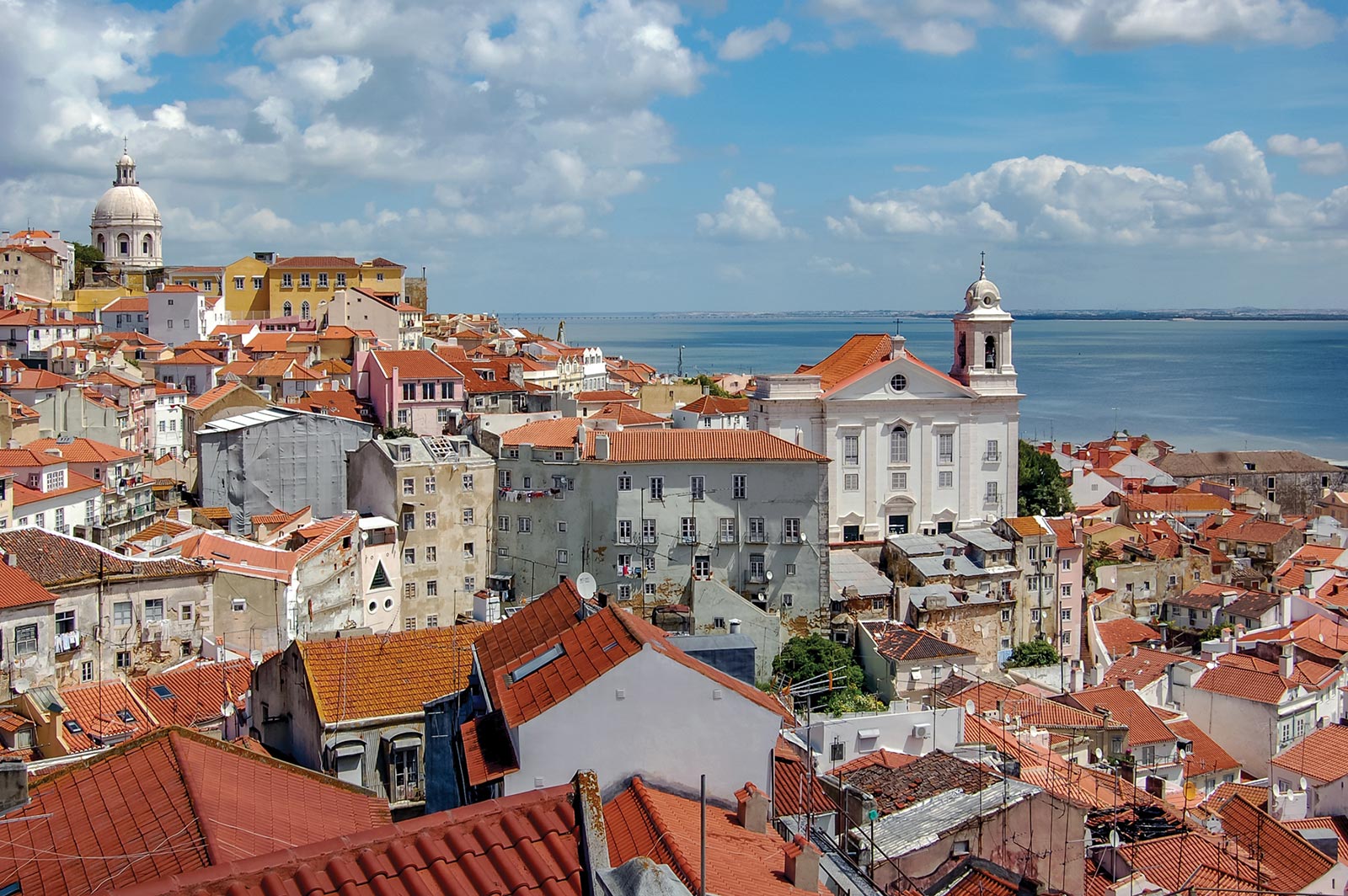Im stilland alwaysin love with Europe.
Ive done a lot of hitting and a lot of missing in Europe over the yearsthats my job. With this book, I bring home just the hits: an all-day walk on an alpine ridge, a sword-fern fantasy in a ruined castle, a friendly swing with a bell-ringer in a church spire. Together, well savor the quiet thrill that comes with discovering lonesome stone circles. Well shake our shoulders dancing at a Turkish tea party. And well sweat with a sauna full of Finns.
I stopped collecting physical souvenirs decades ago. This book is the treasure chest of souvenirs gathered sincememories of a lifetime spent enjoying my favorite continent. I share them in hopes that the experiences that carbonated my travels will inspire a few extra bubbles in yours, too. And I share them... for the love of Europe.
Toledo, the spiritual, artistic, and historic capital of Spain
Iberiathe peninsula that hosts Spain and Portugalis cut off from the rest of Europe by the Pyrenees Mountains. In fact, I remember a time when you had to change trains at the Spanish-French border, because the Iberian rail gauge was different than the European standard. In the 20th century, that geographical isolation was amped up by fascist dictators (Franco in Spain, Salazar in Portugal) who stayed in power for decades, preaching a nationalism that preferred a closed door to the rest of the world. The result was a sluggish economy and a sense of isolation.
Today, while Iberia is racing toward the future as if to make up for lost time, those historical differences have resulted in a time warp for travelers. With their glory days long gone and their once-mighty empires a distant memory, both the Spanish and the Portuguese are understandably nostalgic.
The Iberian flair for tradition is evident in Portugals black-clad fisherwomens blues and the salty cuisine fostered by so many of those lost fishermen. In Spain, youll see it vividly in fiery flamenco, rooted in Roma culture and Islam. Machismo is still on parade in the bullring. A deep-seated Catholicism prods pilgrims to trek to Santiago and cloistered nuns to put sugar and egg whites to tasty use.
Not far across the Strait of Gibraltar, Morocco provides a tantalizing peek at how modern times also co-exist with tradition in Africa and Islam.
Its after dark in Lisbons ramshackle Alfama neighborhood. Old-timers gather in restaurants, which serve little more than grilled sardines, to hear and sing Portugals mournful fado: traditional ballads of lament.
I grab the last chair in a tiny place, next to two bearded men hunched over their mandolins, lost in their music. A bald singer croons, looking like an old turtle without a shell. Theres not a complete set of teeth in the house. A spry grandma does a little jive, balancing a wine bottle on her head. The kitchen staff peers from a steaming hole in the wall, backlit by their flaming grill. The waiter sets a plate of fish and a pitcher of cheap cask wine on my table andlike a Portuguese Ed Sullivanproudly introduces the next singer, a woman whos been singing here for more than 50 years.
Shes the star: blood-red lipstick, big hair, a mourning shawl over her black dress. Towering above me, flanked by those mandolins, shes a fusion of moodsold and young, both sad and sexy. Her revealing neckline promises theres life after death. I can smell her breath as she drowns out the sizzle of sardines with her plush voice.


